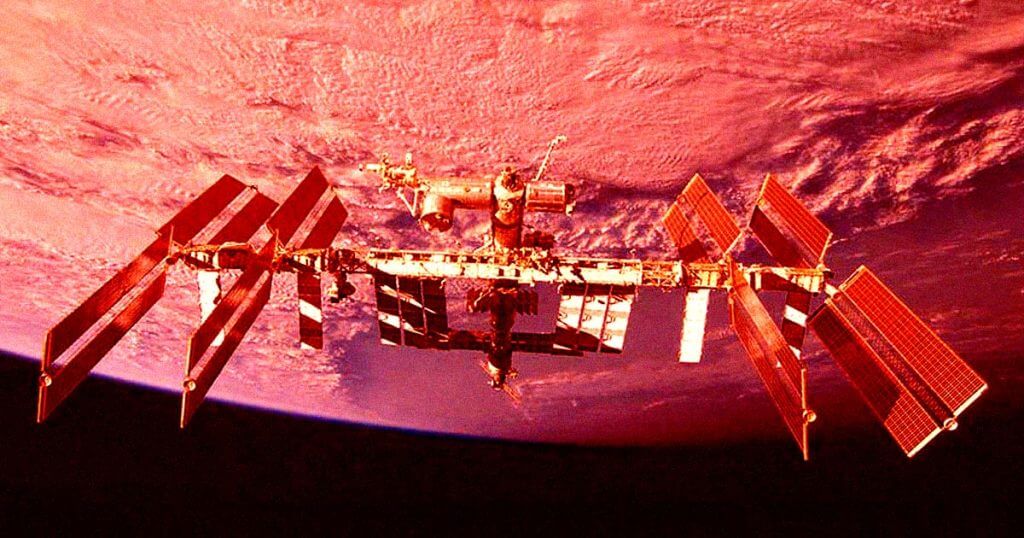
NASA Inspector Issues Warning About Growing Cracks Leaking Air From Space Station (Image Credit: futurism-com)
Crack Crisis
According to a new report by NASA’s inspector general, the space agency is growing significantly concerned over leaks in a tunnel connecting the International Space Station’s Russian segment to a docking port.
Worse yet, officials are still not entirely sure what is causing them.
“On-going cracks and air leaks in the Service Module Transfer Tunnel are a top safety risk,” the report reads. “And NASA and Roscosmos are collaborating to investigate and mitigate the cracks and leaks, determine the root cause, and monitor the Station for new leaks.”
In April, NASA “identified an increase in the leak to its highest level to date,” releasing 3.7 pounds of atmosphere a day, a massive increase compared to just under 1 pound in February, as Ars Technica reports.
“Although the root cause of the leak remains unknown, both agencies have narrowed their focus to internal and external welds,” the report reads.
Fixing the issue could be a challenging problem due to “supply chain issues” plaguing NASA’s contractors, a headache that could make sustaining ISS operations even more difficult before the agency officially retires it in 2030.
Closing the Hatch
In June, NASA upgraded the cracking issue to its highest level of concern in its “risk matrix,” as Ars Technica reported at the time.
If the leaks continue, NASA and Roscosmos may be forced to permanently close the hatch to the affected tunnel, which would cut astronauts off from using one of the station’s four docking ports.
“According to NASA, Roscosmos is confident they will be able to monitor and close the hatch to the Service Module prior to the leak rate reaching an untenable level,” the inspector general report reads. “However, NASA and Roscosmos have not reached an agreement on the point at which the leak rate is untenable.”
It’s an awkward realization given the space station’s already limited shelf life. In 2030, NASA is planning to get help from SpaceX to deorbit the station and crash it into the Pacific Ocean. As Ars points out, NASA and Russia have yet to agree on continuing operations past 2028.
Another option would be to make changes to the station to extend its life past 2030, something that would “require significant funding,” according to the inspector general, and the “acceptance of increased risk stemming from its components and aging structures.”





